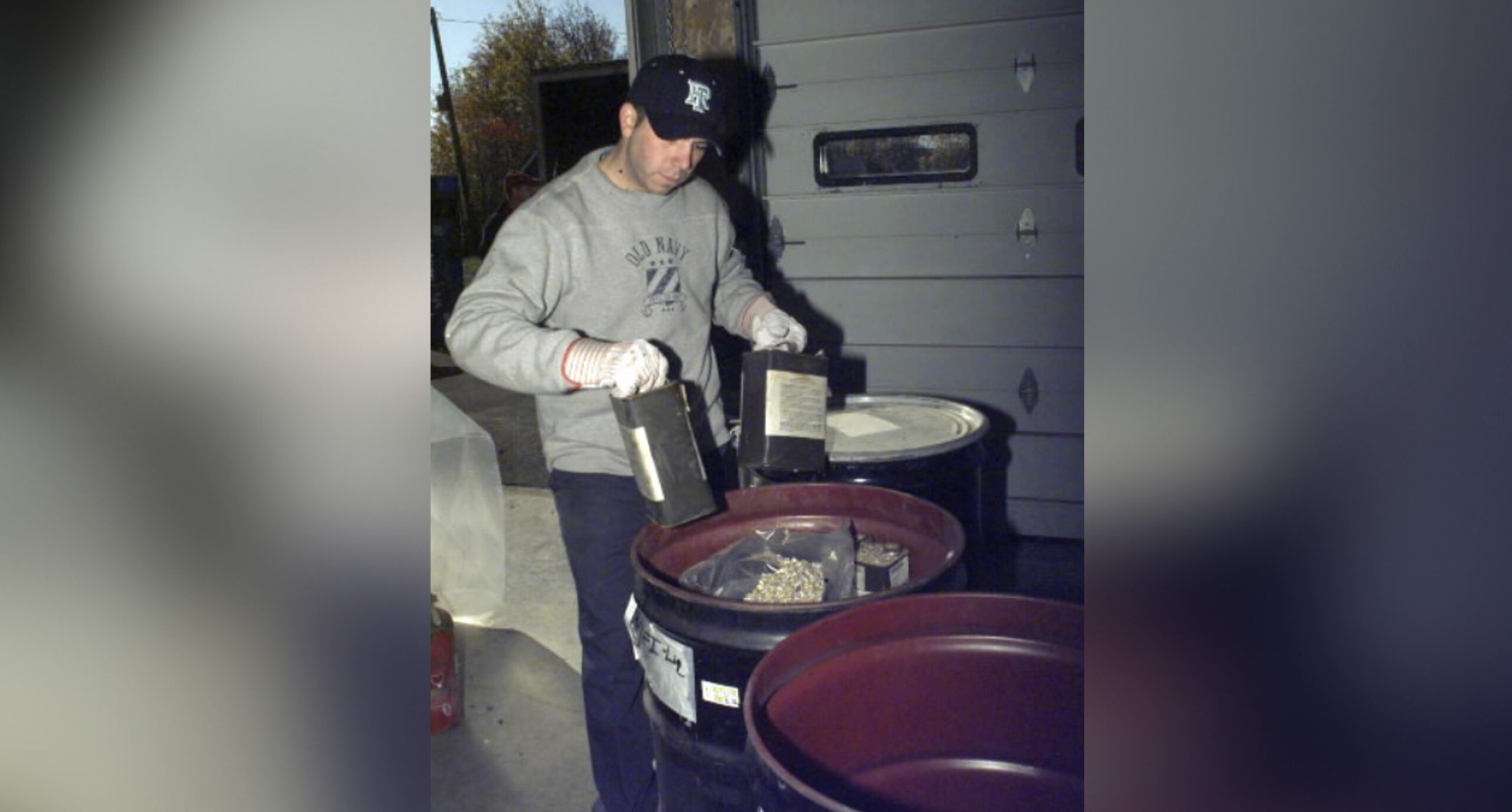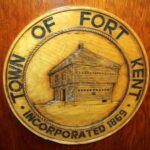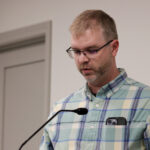
AUGUSTA and PRESQUE ISLE, Maine — Thanks to a project sponsored by the Maine Department of Agriculture, Conservation and Forestry’s Board of Pesticides Control and the Maine Department of Environmental Protection, Mainers can dispose of unusable and unwanted pesticides for free in October.
In Aroostook County, the collection will be in Presque Isle, at a date and time yet to be determined. Registration by Oct. 9 is required. No drop-ins will be accepted.
Other collections will take place in Bangor, Augusta and Portland.
The Obsolete Pesticides Collection Program has kept more than 109 tons of pesticides out of the waste stream since its start in 1982.
This free annual program is open to homeowners, family-owned farms and greenhouses. Collected pesticides are taken to an out-of-state disposal facility licensed by the federal Environmental Protection Agency.
Information to register and fill out an obsolete pesticide inventory form may be found under “Resources” on the BPC website: www.thinkfirstspraylast.org. After the board receives a form, they will mail a map and instructions 10 days before the collection date.
Participants should bring obsolete pesticides to the assigned site and remain in their vehicles. Officials will accept shipping papers and will direct the placement of obsolete pesticides in an appropriate receptacle.
Pesticides accepted include: herbicides, insecticides, rodenticides, fungicides and similar products used in agricultural production or around the home.
Past participants in the program have reported finding obsolete pesticides in barns of family properties, garages of newly purchased homes and other unexpected places. While removal of these pesticides can seem daunting, it is important for the protection of public, wildlife and environmental health, that they are dealt with properly and not thrown in the trash or poured down the drain, where they can contaminate land and water resources.
“The Obsolete Pesticide Collection Program is an excellent opportunity for free disposal of unusable and unwanted pesticides,” said DACF Commissioner Amanda Beal. “Register in advance, bring your pesticides to one of the designated collection sites, and let the professionals dispose of these materials responsibly and safely.”
DEP Acting Commissioner Melanie Loyzim encouraged Mainers to take full advantage of this free opportunity. When improperly disposed of in the trash, poured into the environment, down the drain, or kept in storage for long periods, pesticides threaten wildlife and the quality of drinking water sources, Loyzim said.
For more information about the Board of Pesticides Control, visit thinkfirstspraylast.org.




